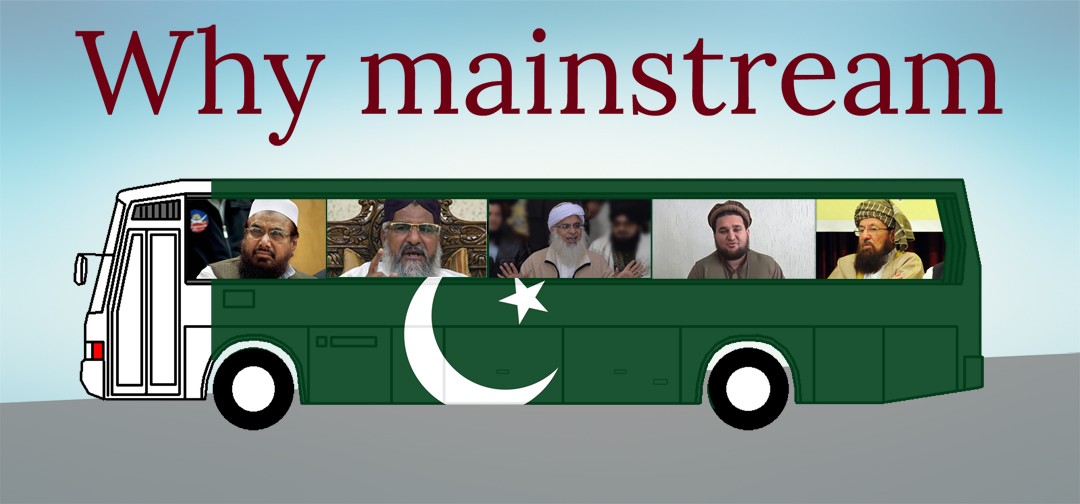
Trying to find out if it is mainstreaming or whitewashing of erstwhile militants, without ensuring that they revoke their extreme ideologies first

Pakistan has been in the throes of militancy and extremism for many decades now. It came into existence not by state’s oversight or reasons beyond its control but as a consequence of state’s active foreign policy goals. Militancy was encouraged among the country’s youth in the name of jihad to turn them into strategic assets to fight other countries’ proxy wars.
As feared, a few decades on, these assets turned against the state that nurtured them and found enemies in the society too. The war front changed from Afghanistan to Kashmir to Pakistan without completely leaving any of these.
It took the state thousands of deaths of ordinary Pakistanis and law enforcers and military personnel to start contemplating a course correction. To be fair, it had entered into peace pacts with the militants in the tribal belt and even Swat, each invariably leading to military operations. At one point, negotiations with the Taliban were seriously considered but that, too, did not materialise.
Meanwhile violence in the form of terror attacks has continued. The state responded sometimes by forcibly removing sectarian militants in encounters, restoring death penalty and instituting military courts.
Read also: Why mainstream
Lately, however, there are mixed signals appearing from different quarters about mainstreaming the extreme elements in society by "reintegrating" and "deradicalising" them. It all started with someone suggesting that the trained cadre of JuD should be made a part of the armed forces. Along with JuD, there were organisations like ASWJ and even TTP with Ehsanullah Ehsan’s confessional statement.
The debate now is whether it is mainstreaming or whitewashing of erstwhile militants, without ensuring that they revoke their extreme ideologies first. There has also been a suggestion of a truth and reconciliation commission for the purpose. This is what our Special Report is about today.